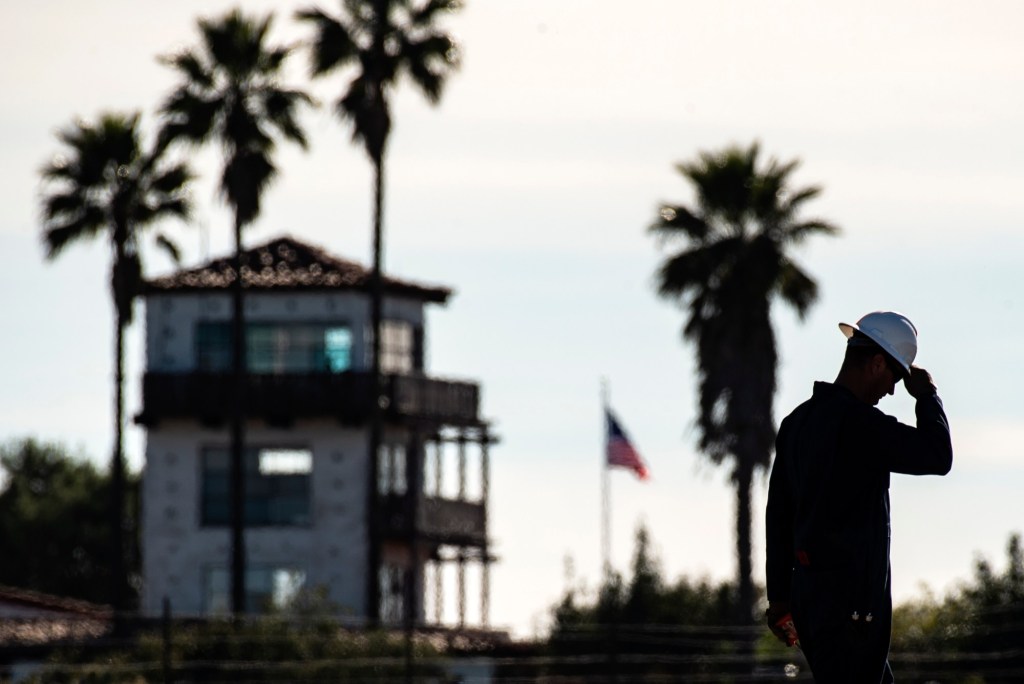
The five people who died in a crash after a small plane took off from Catalina Airport in darkness in October had to wait for more than an hour for one engine’s battery to recharge before departing, according to a report released by the National Transportation Safety Board on Wednesday, Nov. 6.
Though the report does not offer a cause for the crash, it does offer details as to why the pilot took more than an hour to leave after attempting to bring back a stranded pilot and two student pilots on Oct. 8.
Killed in the crash were the twin-engine plane’s owner, Ali Safai, 73, of West Hills; Haris Ali, 33, of Fullerton; Margeret Mary Fenner, 55, of Pennsylvania; Gonzalo Lubel, 34, residence unclear; and Joeun Park, 37, of North Hills.
The pilot, who has not been officially identified, attempted to take off from the airport about 8 p.m. that night in clear conditions, the report says. The airport, nor the surrounding area southwest of the runway, the direction the pilot took off over, has lights.
The airport operates from 8 a.m. to 5 p.m. daily and allows landings and takeoffs before sunset so long as they’re arranged with the airport’s general manager, Carl True. Night operations are not permitted.
In this case, the pilot was approved to land and take off, so long as the pilot did so before sunset, the report says.
A pilot and two student pilots from a Santa Monica Airport-based flight school, Proteus Aero, became stranded on the island after their airplane experienced a mechanical issue, the report says. In a statement previously released by Proteus Aero, the flight school said Safai was a friend and had offered his twin-engine Beechcraft 95, which he kept at the airport, to help those stranded.
The plane took off from Santa Monica Airport just before 6 p.m. and landed on Catalina at 6:20 p.m., 11 minutes before sunset.
















































